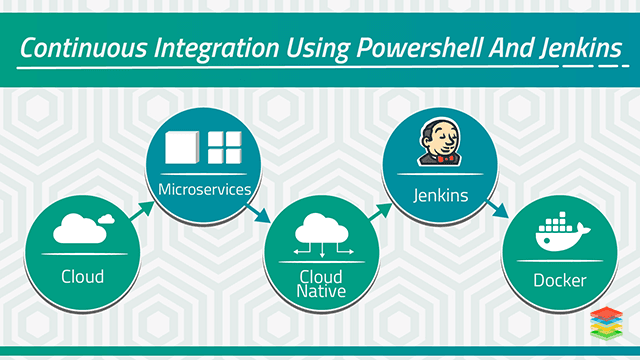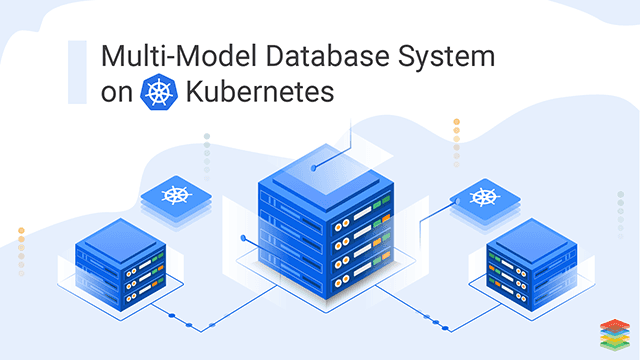
What is Cloud Migration?
Cloud migration is the process of shifting an organization's digital assets, services, databases, IT resources, and applications into the cloud, either partially or entirely. Moving from one cloud to another is also part of cloud migration.
Cloud Migration is transferring digital operations from one site to a cloud platform.
Complete Guide to Cloud Migration
Along with the benefits of cloud technology advances such as artificial intelligence (AI), machine learning (ML), advanced analytics, and the cloud's flexibility and scalability—makes a compelling argument for moving your AWS database to the Oracle database.
Cloud Migration Includes
- Remote Collaboration
- Integration with other services
- Built-In Status Monitoring
- Scalability and Agility
- Minimizes Operation costs
- Setup Multi-region Infrastructure
- Cloud Disaster Recovery systems
- Cloud Computing Models handle administrative tasks
- Code-level visibility
Top Challenges for MicroServices Application Migration
- To discover, capture, and analyze detailed data about Cloud Migration.
- Identify servers and applications and their interdependencies and current (baseline) performance metrics.
- Determine application connectivity and capacity requirements to design and architect the Oracle Cloud environment.
Solutions Offerings for AWS to Oracle Cloud Migration
- Identify server and application dependencies, analyze the network connectivity data, port connections, and system and process info on the hosts.
- Graph all the connections from a server to identify its dependencies.
- Group servers and applications for migration scheduling and identify patterns in host configurations.
- Analyze the performance metrics for servers and applications.
AWS to Cloud Migration Working Architecture
- AWS to Cloud Migration involves the following steps -Migration, Preparation, and Business Plan. Create an action plan to perform Cloud implementation.
- Portfolio Discovery and Planning to understand and document current infrastructure using SaaS (Software as a Service), collecting and analyzing infrastructure performance, configuration, and servers.
- Analyze applications that will fall under the first migration.
Here are 11 steps to ensure your cloud migration is successful.
Step 1: Establish the Cloud Migration Architect Role.
Step 2 - Assess your Organization's Readiness
Step 3 - Estimate the costs and ROI
Step 4 - Analyse the Complexity of your Data and Applications
Step 5 - Choose the Right Cloud Vendor
Step 6 - Develop a Cloud Migration Strategy
Step 7 - Select the right solution partner
Step 8 - Prepare for the Move Cloud Migration Strategies Types
Step 10 - Production SwitchOver
Step 11 - On-demand Scalability and Cost Optimizations
Selecting a Migration Strategy includes -
- Lift Shift
- Partial Refactor
- Full Refactor
- Transformation to SaaS or PaaS
- Choosing the right team to architect, build, migrate, and manage.
- Design to achieve the goal and analyze cost.
Cloud Migration Strategies Types
These six approaches shall be considered while migrating your applications onto the desired cloud platform.


